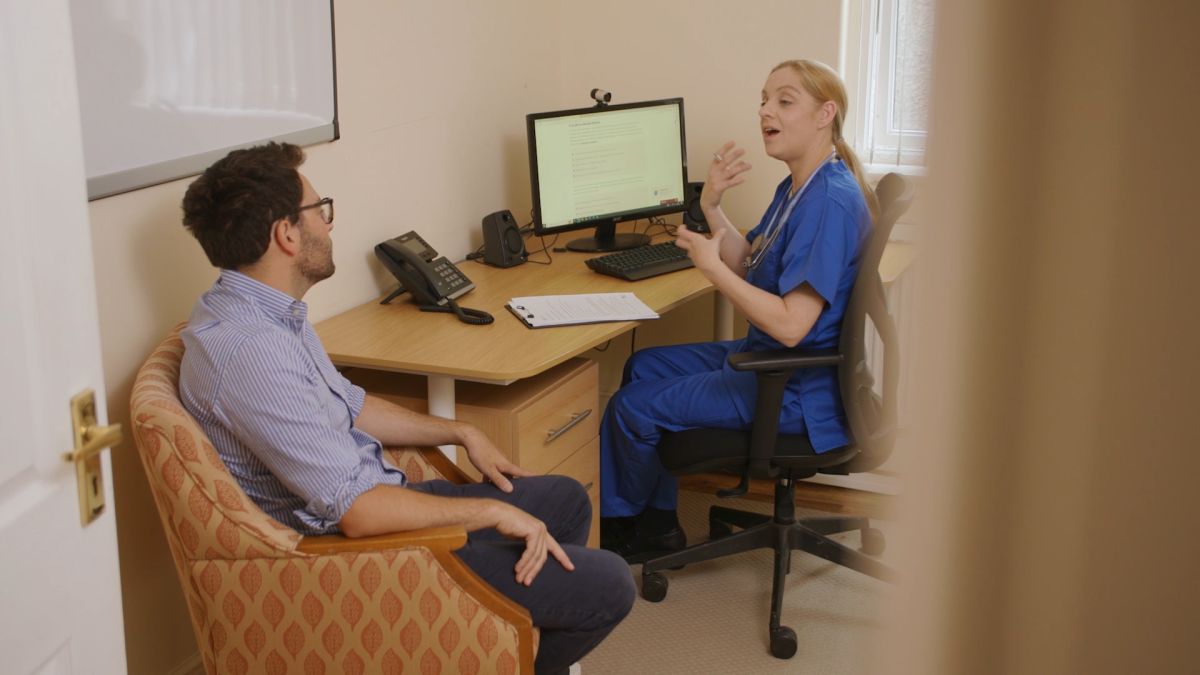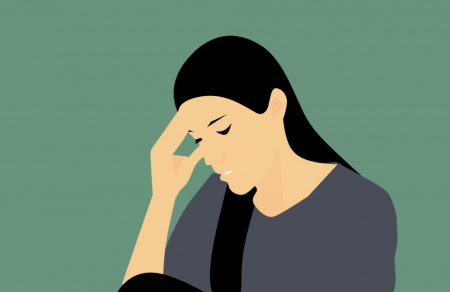Many People Decide That They Want to Quit Drinking, for One Reason or Another.
Table of Contents
For some people, it is health or financial reasons, and some just don’t like how alcohol makes them feel. For others, however, quitting becomes a necessity. If you are an alcoholic, you can’t control how much alcohol you drink, and it starts to affect everyone and everything in your life.
However, if you have managed to get your problem drinking under control, you may start to question why you need to be sober all the time. A question that pops up all the time is, can alcoholics drink again? This especially sounds like the ideal, dream scenario for now-sober alcoholics if they still hold positive associations with their drinking days.

Download Our Brochure
While there are people who can go back to casual drinking after a period of sobriety, most people who have succeeded in doing so were perhaps not alcoholics in the first place. To get back to casual drinking, one needs to be able to exhibit control over their drinking.
This is something that alcoholics and addicts cannot do. So, the answer, if you are truly an alcoholic, is that abstinence is the only way.
Alcoholism vs. Alcohol Misuse
Alcoholism is an addiction. It is a chronic disease, which by definition is an illness that does not go away. In order for someone to be able to drink in moderation, they cannot have an addiction.
Not everyone who drinks in excess or abuses alcohol has alcoholism. Not everyone who seeks treatment for their drinking is an alcoholic.
Someone who abuses alcohol simply drinks too much, but ultimately they are able to stop or cut down their drinking if they want to.
These are the people who quit drinking, sometimes for a long time, and then go back to social drinking without a problem. However, these people do not have an addiction to alcohol.
An alcoholic is someone who has become dependent on alcohol and continues to drink despite negative consequences. They engage in compulsive drinking and are unable to control it, even if they hurt themselves or others. They cannot stop drinking, even if they want to.
Abstinence vs. Moderation
Abstinence refers to complete restraint from alcoholic beverages. Drinking in moderation means moderating, or controlling, your drinking. Someone who has an addiction, cannot exhibit said control.
Even before seeking treatment, many people with a drinking problem may try to deal with their alcohol use on their own. They either try to be sober or cut back on the amount they drink first.

Unfortunately, many people, alcoholic or not, fail at doing so, often multiple times. This is proof that drinking in moderation isn’t possible for everyone. Alcohol, even for those without addiction, is a tough drug to control.
Many people who decide to quit drinking voluntarily choose to abstain from alcohol altogether after becoming sober, even if they are not alcoholics.
Alcoholic Mind-Games
It is tempting, especially after a period of sobriety, to think that you are suddenly cured. The mind likes to play games on itself, with illusions of power and selective memory.
After not drinking for even a short period, it is easy to forget the negative consequences of alcohol use. Your hangovers, the embarrassing situations, and the financial cost don’t seem like a big deal. Alcoholics especially are eager to forget the past.
When you are sober, you often feel a sudden surge of confidence. You congratulate yourself on not drinking for X number of days. You feel on top of the world and think, “Wow! I was actually able to stay away from alcohol. Maybe that means I’m not addicted and can control my drinking after all!” This type of thinking is false and is a typical sign of the “devil on your shoulder” that alcoholics need to be wary of. Actually, it is a symptom of relapse. If you are an alcoholic, you will not be able to go back to casual drinking. Once you start having these thoughts, you should seek help right away.
It is easy to get into the mindset that you are better, but you will be surprised by how easy it is to fall back into bad habits. You may not even notice it.

Rehab for Alcoholism
One Drink Is All It Takes
The problem with alcohol is that it changes your brain chemistry. Perhaps, in that sober moment, you are somewhat more powerful than your addiction. You have the willpower to say no, and you, therefore, think you have the willpower to stop after one drink.
But what happens after that one drink? Alcohol, as we know, lowers your inhibitions and clouds your judgement. Suddenly, the person with willpower no longer exists. The mind has been drugged. That one drink can decrease or remove your willpower altogether.
That is when you reach for drink number two.
One Step Forward, Return to the Start
The first step in a 12-step program is admitting that you have an addiction and that you are powerless over it. Powerlessness means you have no control over the situation. You may feel, in certain moments, that this is not true. But it is a fact that cannot be forgotten or ignored.
By thinking that you are in control of your addiction, you have subsequently entered a period of denial of your addiction. Sound familiar? That is because denial is a core symptom of addiction. Remember when you didn’t think you had a drinking problem? You’re there again. There is no such thing as an alcoholic who can casually drink.
Why Going Back Is a Bad Idea
For real alcoholics, trying to moderate their drinking hardly ever works. There are many stories where people have tried, failed, and lived to regret it. A few have succeeded in moderating their drinking three, or four times in a row. But they are only fooling themselves if they believe that they suddenly have power over their addiction. Even those who successfully kept their drinking casual several times in a row eventually relapsed.

Furthermore, addiction and alcoholism are progressive diseases. This means that things tend to get worse over time. Those who relapse due to their own faulty thinking have said that it was much tougher to deal with their addiction the second time.
Is this a risk you’re willing to take? Especially if you’ve been in successful recovery for a long time.
Is There an Alternative for Alcoholics to Casual Drinking?
Even if you have sworn not to touch alcohol again, it can be tempting to look at the non-alcoholic beer and wine equivalents. Perhaps you think these will be an acceptable substitute, that still allows you to ‘drink’ at social occasions, or just when you feel like it.
But it is not a good idea to dabble in de-alcoholised substitutes for wine or beer. First of all, not all “non-alcoholic” drinks are actually non-alcoholic. By UK standards, there are four categories of de-alcoholised drinks:
- Low Alcoholic: 0.5 – 1.2% ABV
- De-Alcoholised: < 0.5% ABV
- Alcohol-Free: <0.05% ABV
- Non-Alcoholic: 0.00% ABV
NOTE: Even though “non-alcoholic” drinks are not supposed to have any alcohol, some brands misuse the term. It is better to check the label carefully.
As you can see, many drinks that you may think don’t have alcohol actually have some. Even though it doesn’t seem like much, medical professionals advise staying away from them as well. Although it is a small amount of alcohol, it is enough to trigger cravings or relapse.
Mocktails are a much better option. You can be sure they are 100% alcohol-free. Most people find mocktails a great alternative to their alcoholic predecessors. However, others warn that they too can provide an illusion that can trigger cravings. For some alcoholics, even this casual ‘drinking’ can be harmful.
One of the things to watch out for is smell, which is one of those factors that can be a trigger. In addition, some people who have consumed de-alcoholised beverages reported having a placebo-drunk-like sensation, which triggered a relapse.

Free Addiction Assessment
Things Are Simpler Sober
While alcoholics will always be subject to cravings, many come to the conclusion that life has improved dramatically since they have been abstinent. They don’t want to consider going back to drinking, even in moderation. There are also many non-alcoholics who attempt casual drinking after a period of sobriety and decide that life is actually better without booze.
A good response for any recovering alcoholic who finds themselves entertaining thoughts of returning to controlled drinking is to “count their blessings”. This is sometimes called an “attitude of gratitude” and can be a powerful antidote to false thinking.
If you find yourself having thoughts about going back to drinking, you should seek help. This could be going to an AA meeting, seeing a counsellor, or contacting an addiction clinic right away. These thoughts are a major symptom of relapse. If you have a friend that you trust or a sponsor, let them know that you are thinking about drinking again. More on alcohol rehab.



